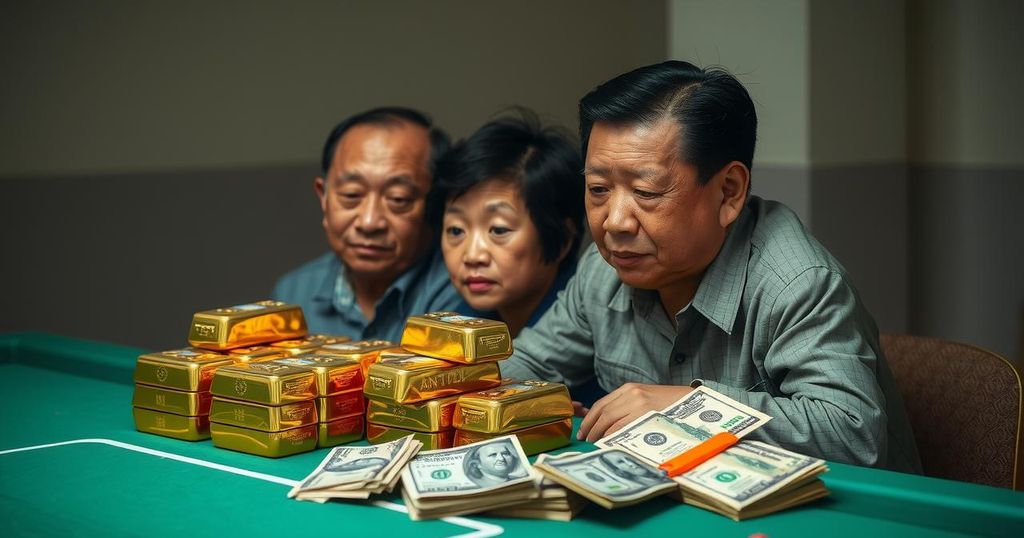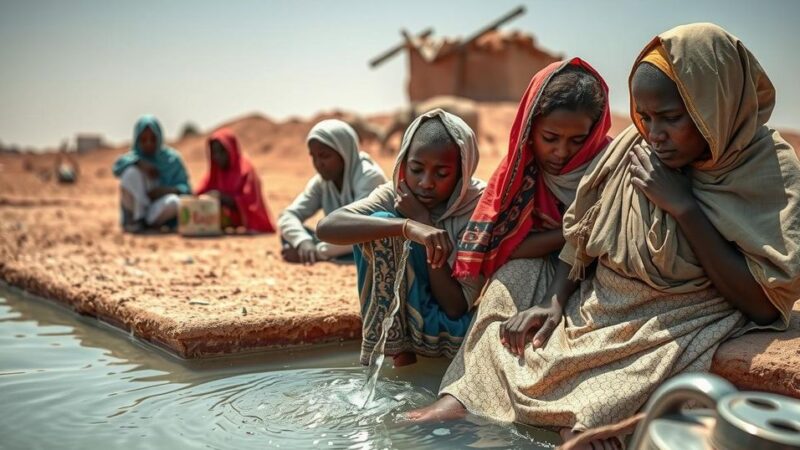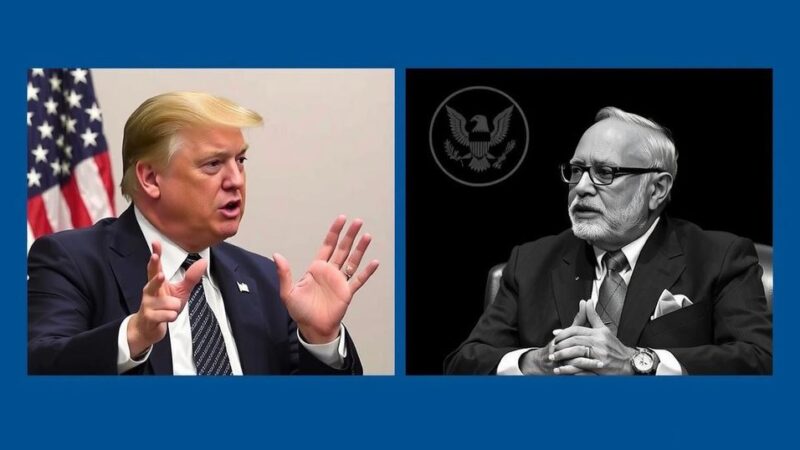Three Chinese nationals were arrested in eastern DRC with $800,000 cash and 12 gold bars hidden in their vehicle. Governor Jean Jacques Purusi indicated secrecy was crucial following the release of previous detainees for illegal mining. The DRC struggles with militia control of mineral resources, which has fueled regional instability and corruption, necessitating urgent reform in the sector.
In a recent operation in the eastern Democratic Republic of Congo, three Chinese nationals were apprehended while in possession of 12 gold bars and $800,000 in cash, as reported by officials. South Kivu province’s governor, Jean Jacques Purusi, indicated that the valuables were concealed beneath the seats of the vehicle. This covert operation followed the alarming release of a prior group of Chinese nationals accused of managing an illegal gold mine.
The DRC’s eastern region is rich in valuable minerals such as gold and diamonds, yet rampant exploitation by foreign entities has persisted since colonialism, contributing to ongoing instability. Militia groups continue to exert control over numerous mines, profiting from their illicit sales. Governor Purusi highlighted the strong connections between some dealers and influential figures in Kinshasa, necessitating discretion during this arrest operation. The successful seizure occurred in the Walungu area, close to Rwanda’s border, after a thorough examination of their vehicle.
Last month, the governor expressed dismay regarding the release of 17 Chinese nationals previously detained for allegedly overseeing an illegal mining operation, a situation he believes severely undermines efforts to address malpractice within the mineral sector. These individuals reportedly owed the government $10 million in taxes and fines. The Chinese embassy has remained silent on these allegations.
These arrests occur amid ongoing violence in the adjacent North Kivu province, where Rwanda-backed rebel groups have seized substantial territories. Notably, the DRC government is suing Apple for its use of so-called “blood minerals,” which has drawn a response from the tech giant confirming the cessation of sourcing from both the DRC and Rwanda. The Congolese government claims that minerals extracted from conflict zones are being laundered through global supply chains, contributing to cycles of violence, child labor, and environmental damage.
The Democratic Republic of Congo is endowed with substantial mineral resources, including gold and diamonds. Unfortunately, these riches have been exploited for decades, mainly benefiting foreign entities while worsening local conflicts. Militia groups exert considerable power over mining operations, effectively turning these resources into tools for violence and instability. The region has struggled with poor governance and corruption, complicating efforts to regulate and capitalize on its mineral wealth responsibly. Recent developments in the illegal mining sector, particularly concerning foreign actors, underscore the need for stringent oversight and accountability in the mining industry of the DRC.
The arrest of three Chinese nationals in the Democratic Republic of Congo highlights ongoing issues of illegal mining and the exploitation of the country’s rich mineral resources. This incident reiterates the necessity for effective governance to tackle corruption and the influence of militia groups in the sector. The DRC’s strategy to combat these challenges is crucial for stabilizing the region and curbing the cycle of violence linked to mineral exploitation.
Original Source: www.bbc.com







